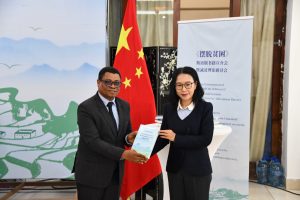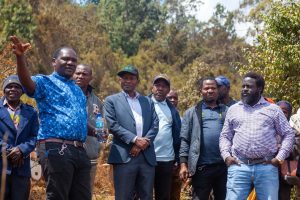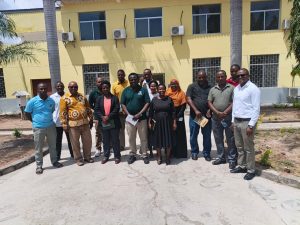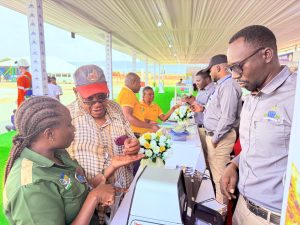TARI Kihinga Hatches A Project To Scale Up Rice Production In Kigoma Region
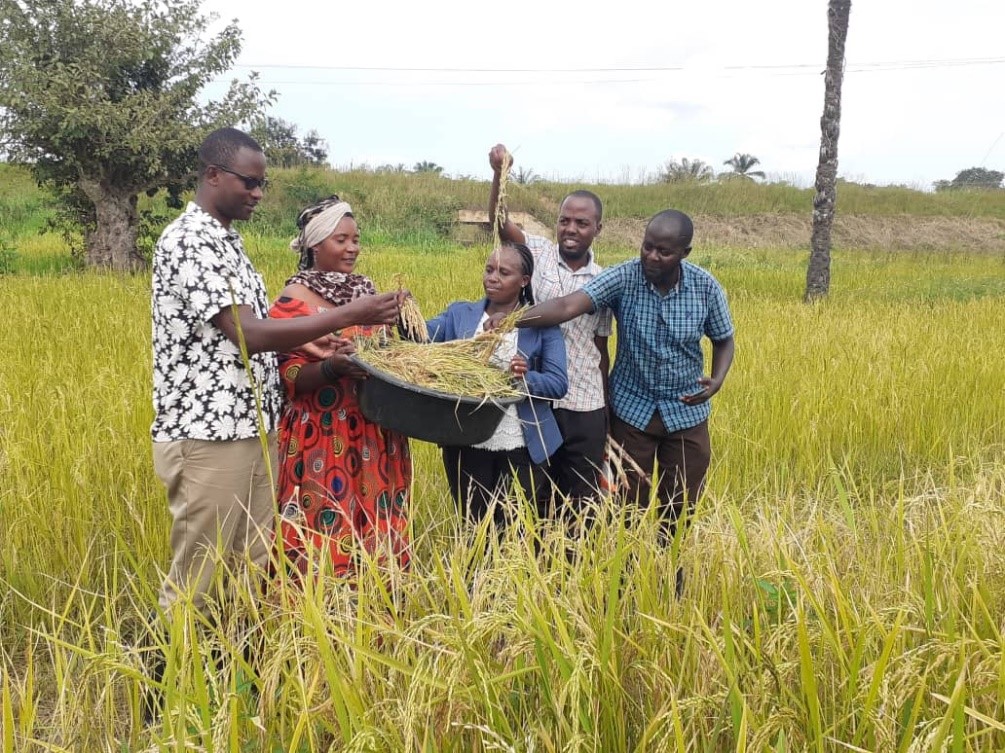
By Senior Reporter VALENTINE OFORO
Dubbed ‘Biodiversity for Opportunities, Livelihood and Development (BOLD)’, the project focuses on strengthening the food system through collection, regeneration, characterization and conservation of rice accessions in Tanzania.
The Tanzania Agricultural Research Institute (TARI) through its Kigoma- based Kihinga center is implementing a constructive project aiming to strengthen the food system through collection, regeneration, characterization and conservation of rice accessions in the Tanzania.
The robust initiative ,christened ‘The Biodiversity for Opportunities, Livelihood and Development (BOLD) Project’, is being implemented jointly by TARI Kihinga in sync with the Tanzania Plant Healthy and Pesticides Authority (TPHPA), under the National Plant Genetic Resources Center (NPGRC).
With the comfortable financial auspicious from the CROP TRUST, a Non-Profit International Organization dedicated to conserving crop diversity and making it available for use globally. The project, focuses to expose the rice farmers in the region to improved rice seeds systems, as well as recommended agronomic practices.
Mr Masoud Salehe, the project’s Principal Investigator (PI), expressed that through the project the regeneration trial was set at Katengera irrigation scheme under both, rainfed and irrigated seasons of 2023/2024, for morphological characterization and conservation of the materials at the gene bank for future uses.
He informed that the Katengera irrigation scheme which is found at Kinonko Village in Kakonko district, Kigoma region attracts a total of 317 rice registered farmers who cultivates rice in both rain and off-season.
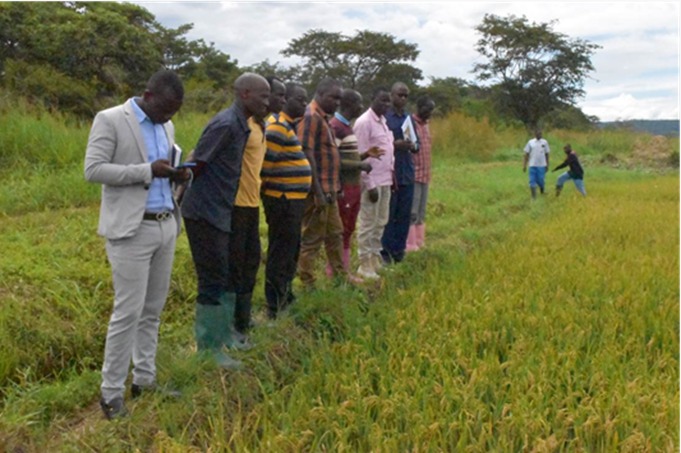
According to him, the scheme is the excellence center for rice (Oryza sativa) cultivation in the district.
“During implementation of the project, a total 125 rice accessions were acquired from TARI Dakawa and NPGRC and planted at Katengera irrigation scheme. Among of the 125 accessions of rice regenerated, eight (8) landraces exhibited a range of farmers preferred traits, he said”
“The important and economic traits are only found in the landraces conserved in gene banks and TARI centers which hold a critical collection of crops indispensable for food security but not to farmers who are champion of the footrace,” he expressed.
He observed that, attributes such as panicles shapes, seed colour, tillering ability, aroma, maturity level, diseases and pests’ tolerance, plant height and yield were meticulously noted for identification of elite accessions suited for cultivation and those meriting further research.
“For recognizing the importance of farmers and other stakeholders, the trial was designed as a learning center where farmers, community leaders, extensionists, government officials and other stakeholders allowed to visit at different time for learning purpose,” he expounded.
Together with that, he unveiled that the project has imparted a total of 138 farmers and 12 government officials and 24 college students with special training over the importance of genetic diversity conservation for crop improvement in relation to climate change, and to improve nutritional and quality of life of both current and future generations.
“This was done through regeneration and conservation of germplasms while safeguarding the earth’s capacity to support life and its diversity,” he added.
Rice has traditionally been cultivated and consumed at home, but currently is among of a cash crop for covering expenses such as school fees and hospital bills and fulfilling other family needs.
Over 80 percent farmers rely on the seeds they have stored from the previous season, substituting or trading them with others.
“Every so often, they’re not sure of what they’re getting as a bag of seed may contain mixture of seeds, and the quality can’t be guaranteed,” Mr Salehe observed.
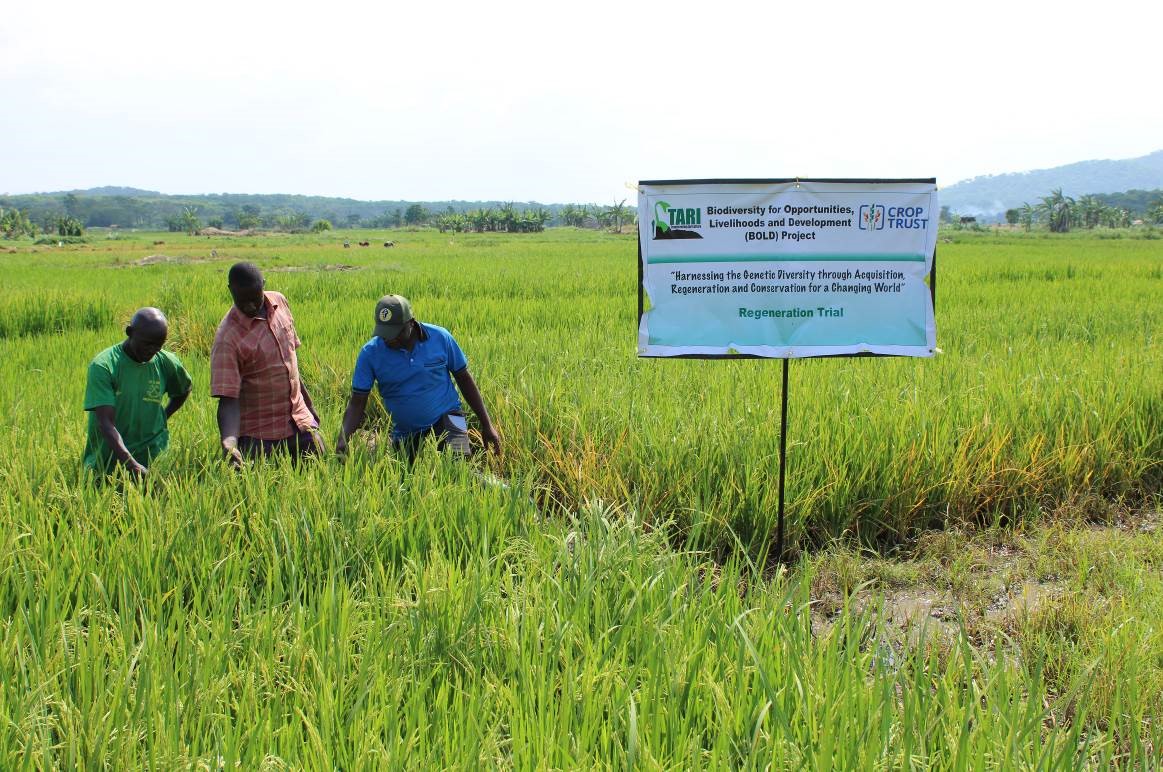
He said landraces are great in promoting healthy food, generating income and sustain the traditional food system in the country however farmers encounter challenges in obtaining good seeds, added:
“Therefore, establishment of the functioning seed system which offers farmers with basket of options to select whether local or improved planting material will play key role in helping them to obtain all the food and nutrition they want, and build their climate resilience and sustainable livelihood,”
“The selected material will undergo prioritized seed multiplication at TARI and seed will be freely distributed to farmers to memorably improve farmers’ prosperities,” according to him.

